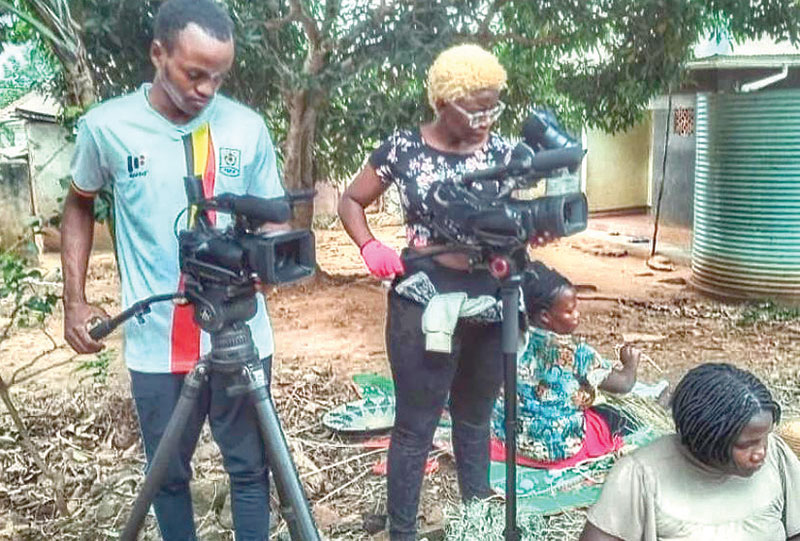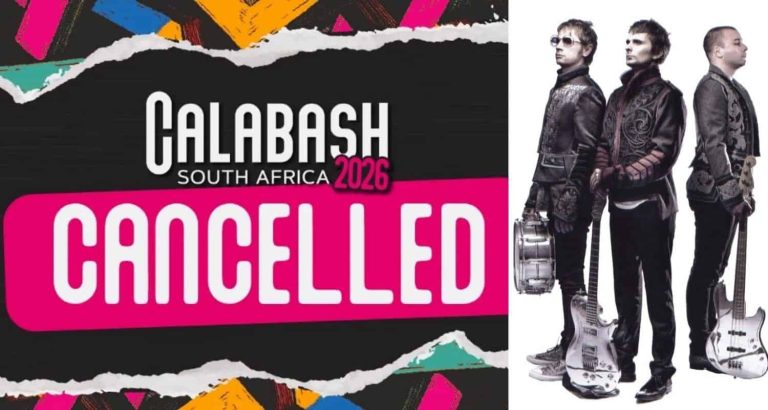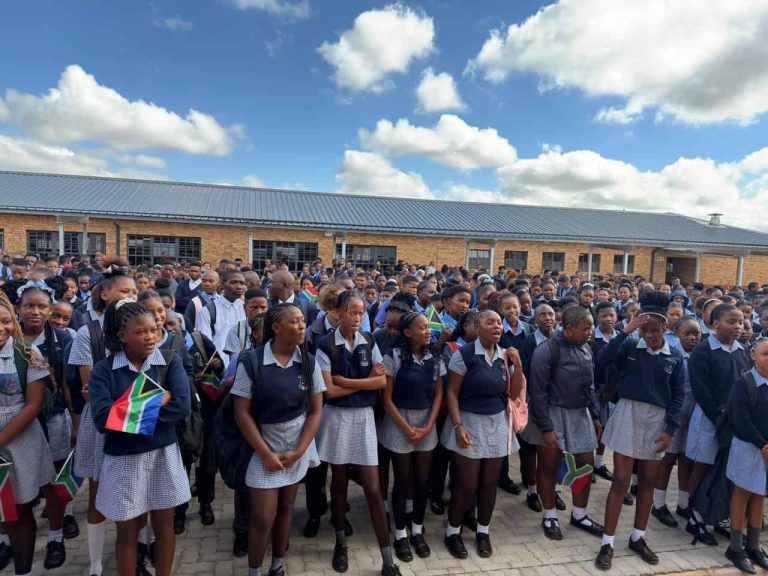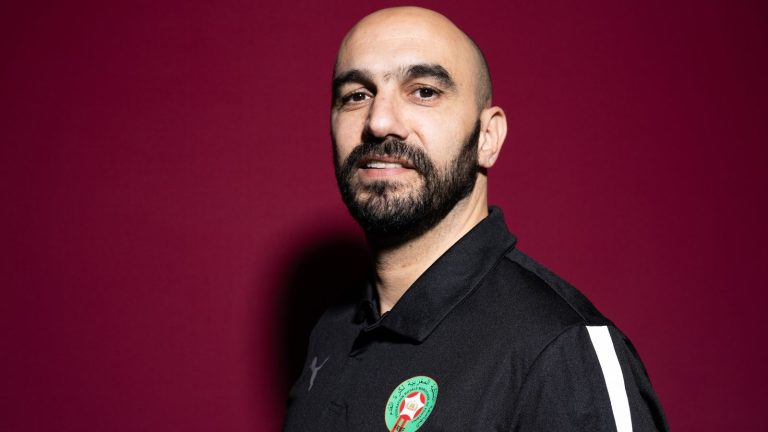
RUTH NAZZINDA has spent almost a decade shaping Uganda’s media and creative arts space.

A journalist-turned-filmmaker, she has grown into a cultural activist and climate advocate, using art to tell stories that impact communities. This has earned her both local and international recognition. Quick Talk caught up with her to share her story.
Who is Ruth Nazzinda?
I was born and raised in Kampala. I am many things; a multimedia artiste, a cultural activist and a climate activist. But mostly, I am a filmmaker. My formal training includes a graduation in Journalism and Mass Media from Buganda Royal Institute.
I also hold advanced certifications from global institutions such as the University of Cape Town in Film and Media Studies, Ladima Film Academy, Durban FilmMart Institute, Creatures Animation Studio, and the Berlin School of Podcasting.
Over time, I have also completed programs with other international institutions, sharpening my skills across different aspects of media and storytelling.
Wow, you are well read! Are you married, Ruth?
[Bursts into laughter] No, currently I am still single.
You were once a journalist at Galaxy FM. Why did you leave?
I left active practice in 2017. Journalism had sharpened my skills as a communicator and made me more aware of the creative space. But I wanted to go deeper, to let stories breathe and evolve. Film gave me that freedom.
When did you officially start out as a filmmaker?
I officially began my filmmaking journey in 2018. That year, I received a scholarship to study at the University of Cape Town, funded by the International Alumni Center (IAC-Berlin).
My focus was not just on the technical side of filmmaking, but on the art of storytelling itself – understanding how to craft narratives that resonate with audiences on a deeper human level.
What are some of the film projects you have worked on so far?
I have done quite a number of film projects. There is To Survive, Out from the Dark – it’s about mental health awareness – Mmamba, Women Rise Up and so many others. The list is so long and they have all done well.
Which project challenged you the most?
To Survive was the most challenging. It was filmed during the Covid-19 lockdown, under severe movement restrictions. Documenting hunger in the Kikubamutwe ghetto settlement of Kabalagala was emotionally exhausting.
But out of that pain came tangible change initiatives such as the Each One a Bike project and the founding of To Survive Foundation, which reduced hunger in Kampala’s ghetto communities while also skilling youth.
You’ve won awards along the way. Could you highlight some?
Yes, my work has earned multiple international recognitions. My films have screened and won awards at festivals such as the Unified Filmmaker 2021 in Munich, Germany, the Accra Indie Film Festival 2021 (Best Documentary), and were finalists at the United Nations SDGs in Action Film Festival 2021, as well as the World Food Forum 2021 in Italy.
These honors have strengthened my ability to blend creativity, strategic planning and social impact.
What has been your biggest challenge as a woman in the film industry?
Breaking through gender bias on set and addressing unfair payment or contracts for female creatives has been one of my toughest challenges. Navigating funding rooms is also difficult, even when my value is recognized.
On top of that, lack of integrity from some creatives and a sense of entitlement has, at times, undermined collaboration and partnerships.

How do you balance personal life with your creative journey?
I integrate them. My lived experiences inform my work. At the same time, I carve out intentional time for family, faith and rest.
What’s your most memorable moment in the film industry?
One of my most memorable moments was when my documentary To Survive, shot during the Covid-19 lockdown, received international recognition at the UN SDGs Action Film Festival. Beyond the recognition, it sparked tangible impact in my community.
Overall, film and media have given me the opportunity to work, meet, and interact with diverse and influential people across the world.
How has the Ugandan creative industry changed?
We are seeing more women in leadership, digital tools reshaping distribution, and audiences embracing homegrown narratives. However, there is still a pressing need for funding equity, diversity and inclusion, and advanced technical training.
What advice would you give to a young girl who wants to follow your path?
Start where you are, with what you have, even if it’s just your phone. Don’t wait for permission. Support yourself first, but also allow yourself to learn more. Ask questions, seek help and connect with mentors. Ignorance is a choice; so, choose curiosity. Be respectful. Your perspective matters; the world needs your voice and your truth.
Which filmmakers do you dream to work with?
I am open to collaborating with any filmmaker who values integrity, authenticity and respect for communities. For me, collaboration is less about fame and more about impact.
Where do you see yourself in 10 years?
In 10 years, I see myself as a more experienced, globally recognized cultural creative leader, curator, facilitator and impact producer/ filmmaker. I also envision curating art spaces dedicated to creative career guidance, development, mentorship, training and policy advocacy.
What do you do in your free time?
I love reading, journaling and exploring creative archives that inspire new ideas. I also enjoy nature walks, quiet reflections and spending quality time with my family and close friends. Those moments recharge me and spark new creativity.
devonssuubi@gmail.com



